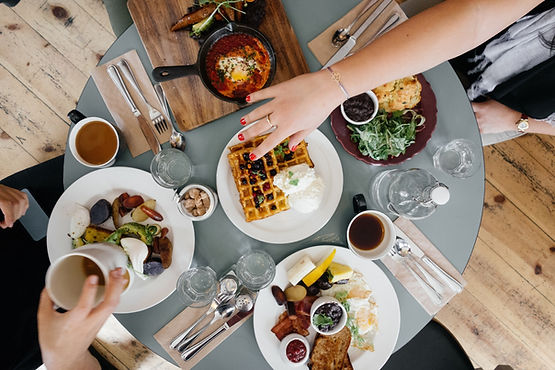Why You Emotionally Eat & How to Get Out Of Your Own Way So You Can Stop!
Why Do We Emotionally Eat?
This topic is at the heart of my work with clients. Why do we emotionally eat?
One client, whose details I won’t share, has a long history of restrictive dieting. She sees her body as an object and has experienced emotional trauma. As a result, she avoids emotions that feel too uncomfortable.
This video isn’t exhaustive, but it may help you understand how food soothes emotional discomfort. The food isn’t bad. The emotion isn’t bad. And you are not bad for eating to care for yourself. Let me say that again.
When You Emotionally Eat, It Is Not a Moral Failing
When you emotionally eat, the behavior isn’t bad or shameful. You are trying to take care of yourself, and that’s an adaptive response.
The goal isn’t to stop eating for comfort entirely. Instead, we need to build more ways to care for yourself so food isn’t the only tool you rely on.
The Difference Between Emotional Eating & Hunger
If you’re dieting, experiencing significant hunger, and ignoring those cues, eating isn’t emotional overeating. This distinction matters.
You might think it’s emotional because you feel anxious or uncomfortable. You may label it as overeating because you eat more than planned or exceed your macros. But if you’re truly hungry, your body may send signals that feel like emotions.
For example, low blood sugar can cause shakiness, headaches, sweaty palms, trouble focusing, or irritability. These sensations also occur with anxiety, worry, or nervousness.
Are You Eating for Hunger or Emotions?
If you aren’t eating enough or regularly, it’s hard to know whether you’re responding to hunger or emotions. Either way, there’s work to do.
You can integrate new strategies, deepen your understanding, and build a healthier, more nourished life.
At the end of the video, I mention my 16-week coaching program. It’s now called The Confident Coping Without Food System– check it out here.
You might also explore my online course: End Emotional Eating & Change Your Relationship with Food.






